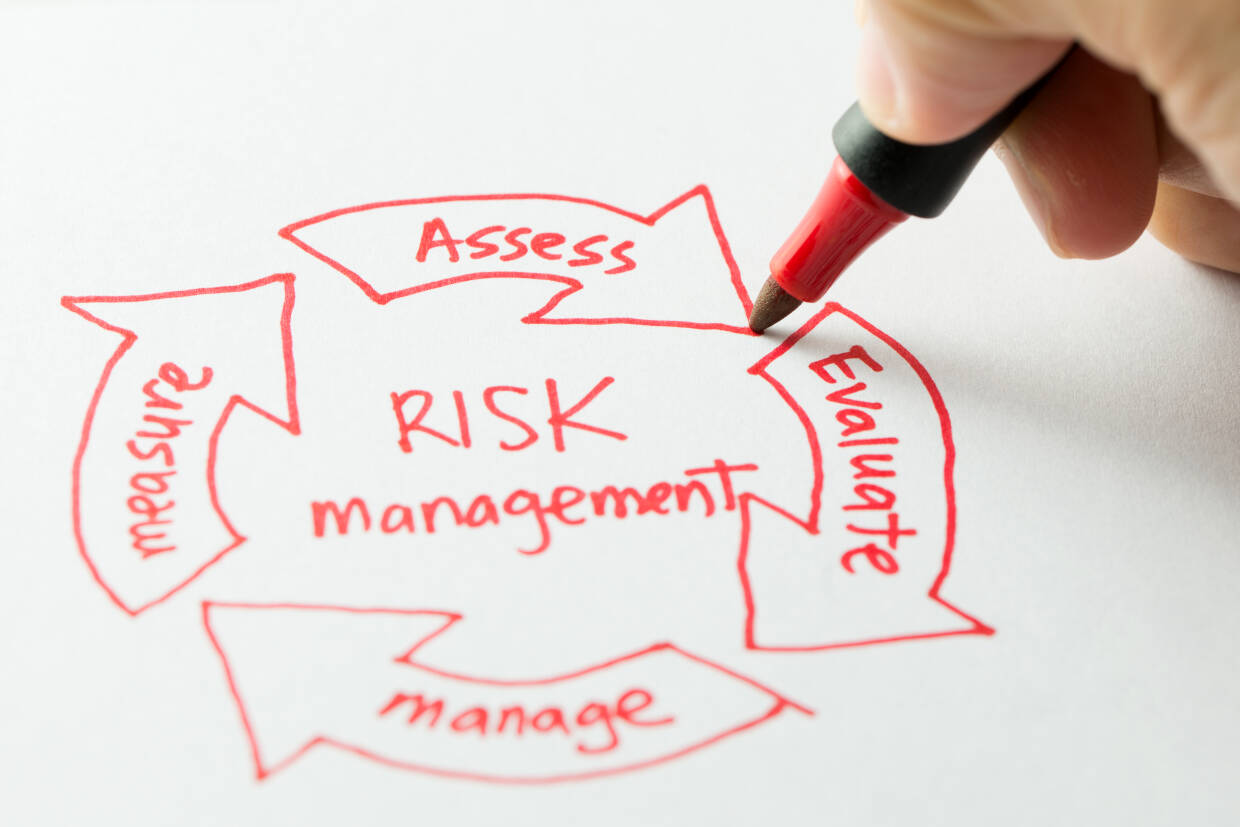What is Enhanced Due Diligence (EDD)?
Enhanced Due Diligence (EDD) is an advanced risk assessment process, greatly more in-depth that Customer Due Diligence (CDD) in which information is gathered and analysed to identify and mitigate financial crimes, money laundering, and terrorist financing.
EDD is an important part of your AML process
Speak to one of our experts to help you streamline AML compliance
What is (EDD) Enhanced Due Diligence Typically Required For?
The UK has enacted stringent laws to fight money laundering, emphasising a shared responsibility between public and private sectors. The regulations don't prescribe specific actions for due diligence but require enhanced efforts compared to usual procedures.
Because of this, every company is responsible for their due diligence procedures and ensuring they comply with UK law, so they must decide exactly which measures should be taken as part of an advanced due diligence check:
- Requesting and checking additional identity and address documents.
- Performing more stringent checks.
- Performing full checks on any third party that has been involved in proceedings.
- Ask for proof of the source of the funds involved in the potential transaction.
- Seek additional evidence that the ultimate beneficiary is who they say it is.
- Check for any sanctions against involved individuals or organisations.
- If a client is not forthcoming about the requested information or wants to avoid complying with the due diligence process, this can be a warning sign of illegal activity.
Who are High-Risk Customers?
High-risk customers are individuals who present a potential threat to a company's operations, often due to compliance issues, fraudulent behaviour, or cybersecurity risks.
Identifying high-risk customers involves recognising certain attributes. These include:
- Politically Exposed Persons (PEPs)
- Customers with intricate ownership structures
- Non-residential customers
- Customers with questionable reputations
- Customers associated with high-risk countries
- Customers from industries deemed high-risk
- Customers exhibiting unusual account activity
For instance, in the EDD process, when identifying a PEP, companies should assess their role (e.g., congressman, politician), and tenure in such positions, and investigate their sources of funds and wealth.
Why Companies Should Perform Enhanced Due Diligence?
Due diligence is a cornerstone of the UK’s fight against money laundering. Companies having enhanced due diligence processes and the right to perform them allow for stronger protection for our economy.
Enhanced Due Diligence (EDD) also benefits individual companies. As part of the UK anti-money laundering regulations, the responsibility for spotting signs of money laundering is on each business.
Should a company be found to have facilitated a money laundering scheme, even accidentally, they can face harsh punishments such as fines for the business/responsible employees and jail time.
Enhanced Due Diligence (EDD), unlike Customer Due Diligence (CDD), procedures give companies an extra level of defence against this.
All anti-money laundering procedures and processes must be thoroughly documented and available to present to investigators if needed.
How is Enhanced Due Diligence different from Customer Due Diligence (CDD)?
Enhanced due diligence (EDD) involves adopting a risk-based approach to further investigate certain clients’ identities and gather further information on their reputation and history.
EDD is only necessary with clients who have been identified as posing a high risk of involvement with financial crimes like money laundering, whereas standard due diligence is applied to everyone involved with the business (suppliers, partners, customers) who aren’t identified as high risk.
Enhanced due diligence (EDD)
Essentially what its name suggests: the process of investigating a higher-risk customer more thoroughly than you would others.
Standard due diligence
Know Your Customer (KYC) is an identity verification process that must be performed for every customer a company does business with.
When Should Enhanced Due Diligence Be Used?
Every company should conduct an assessment and identify its highest risk areas. They can then apply enhanced due diligence procedures as a preventative measure.
An example of a business deal that should involve EDD would be if the organisation or individual is from a high-risk country with sanctions against them, however, each potential business deal should be reviewed on a case-by-case basis to see if EDD is necessary.
Warning signs to look out for include:
- Clients seeking undue anonymity or secrecy and not willingly revealing their identity.
- Clients acting through a third party.
- A third party not being transparent about whom they are acting on behalf of or who the ultimate beneficiary is.
- Clients are introduced to you by a third party, as you do not know the due diligence that has taken place.
- Clients you have not obtained via the methods usual to the business.
- Clients involved with cash-based businesses.
- Clients from abroad.
- Clients from outside the usual customer base.
- Clients involved in emerging sectors or whose business has recently pivoted.
- Clients with, or operating for an individual with, a high net worth.
- Clients wanting to deal in cash.
- Clients with a criminal history.
- Politically exposed persons (PEPs).
- large transactions.
- One-off transactions.
How to Perform Enhanced Due Diligence
EDD is a complex procedure but manageable when broken down into smaller tasks. Here is a sample enhanced due diligence checklist we at Red Flag Alert have created for businesses to follow:
Here's a neater version:
- Risk Assessment: Evaluate customers based on risk factors and assign risk levels. Perform Enhanced Due Diligence (EDD) only on high-risk customers, particularly from high-risk countries.
- Verification Process: Standard Customer Due Diligence (CDD) involves verifying customer identification using documents like passports or driver’s licenses. Enhanced Due Diligence (EDD) requires additional identity documentation.
- Wealth Origin and Beneficial Ownership: Verify the source of customer wealth and establish the Ultimate Beneficial Owner (UBO) of their organization.
- Transaction Monitoring: Analyze transaction history for inconsistencies, including values and involved parties.
- Media Coverage Check: Investigate media coverage for adverse information about the client, particularly regarding past financial crimes or involvement with Politically Exposed Persons (PEPs).
- On-Site Visit: Visit the client’s business address to confirm identity and match it with provided documentation.
- Investigation Strategy Report: Document EDD plans and monitoring activities in a report, stored securely.
- Ongoing Monitoring Strategy: Develop a strategy for continuous monitoring, looking for patterns of suspicious activity over time.
EDD Requirements for Collecting Data About High-Risk Customers
EDD requires businesses to gather further details on high-risk customers to gain a clearer picture to make an informed decision. This includes:
- Business information
- Key stakeholders
- Ownership structure
- Financial details
- Beneficial ownership
- Risk indicators
- Source of funds
- Enhanced identity verification
5 Best EDD Practices Recommended by the FATF
For companies looking for guidance, the Financial Action Task Force has a set list of best EDD practices.
For example, they suggest including the following:
- Confirm additional information across a number of sources
- Further the searches to gain a deeper understanding
- Verify the funds are not from criminal activities
- Begin an intelligence report on the individual or business
- Outline details regarding the purpose and nature of business relationships
How Can Red Flag Alert Help With Your Due Diligence Strategy?
Enhanced Due Diligence (EDD) is not just a legal requirement, but every company’s duty to combat financial crime and other malicious activities.
To help businesses navigate regulations, Red Flag Alert developed an AML service in conjunction with Begbies Traynor plc and GB Group plc to assure businesses that they are compliant. We’re confident we have the simplest and most comprehensive solution in the UK market.
Take full advantage of:
- A full range of risk-level checking
- Unbeatable match rates
- ID verification
- Enhanced Due Diligence (EDD).
- Sanctions and real-time screening of politically exposed persons
- Monitoring alerts
- A Simple interface
- A Secure audit trial.
Red Flag Alert simplifies the compliance process, making both customer due diligence (CDD) and enhanced due diligence (EDD) easier to manage. By starting your free trial today, you can deploy Red Flag Alert’s AML KYC platform to manage anti-money laundering risk in a matter of seconds.
Speed up your Enhanced Due Diligence process today
Request a free trial




